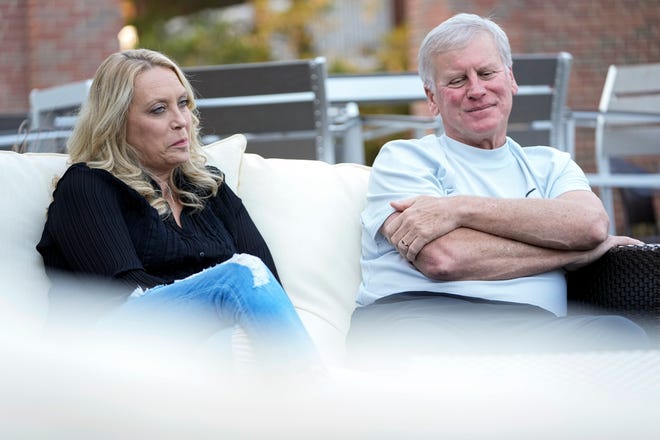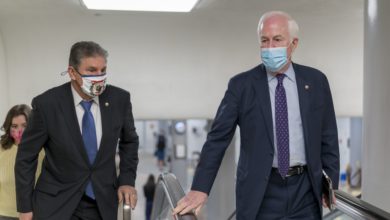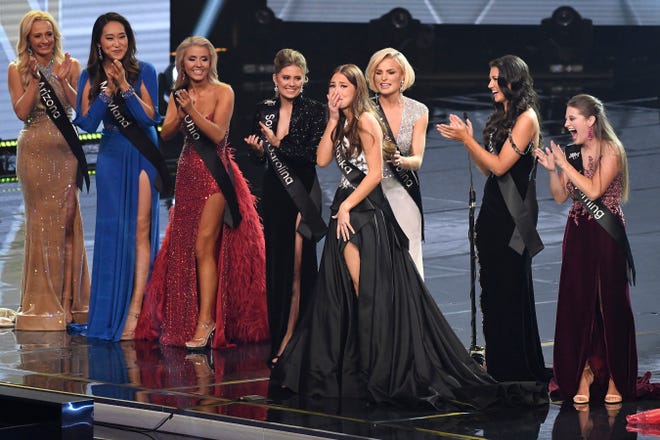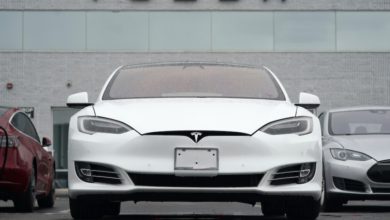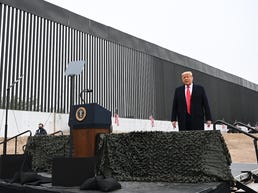
WASHINGTON – A divided Supreme Court late Friday blocked enforcement of California's prohibition on indoor church services during the coronavirus pandemic, the latest case in which the justices have been asked to assess measures intended to slow the spread of the virus in light of religious freedom guaranteed by the Constitution.
South Bay United Pentecostal Church, a 600-seat congregation near San Diego, had filed an emergency request asking the high court to block enforcement of some COVID-19 provisions, including a prohibition against all indoor services in some parts of the state as well attendance limits in others. The 1,250-seat Harvest Rock Church had filed a similar challenge to the state's rules.
A 6-3 majority blocked the state from prohibiting indoor services in counties with the greatest spread of COVID-19, but it allowed attendance caps based on the size of the building to stand. The state may also continue to prohibit singing and chanting during those services, the court said.
Chief Justice John Roberts wrote that federal courts owe "significant deference" to politically accountable officials in public health matters, but said that deference has its limits.
"The state’s present determination – that the maximum number of adherents who can safely worship in the most cavernous cathedral is zero – appears to reflect not expertise or discretion, but instead insufficient appreciation or consideration of the interests at stake," Roberts wrote.
The court's three liberals dissented.
"Justices of this court are not scientists," Associate Justice Elena Kagan wrote. "Nor do we know much about public health policy. Yet today the court displaces the judgments of experts about how to respond to a raging pandemic."
The litigation was the latest in a series of high-profile emergency requests to come before the nation's highest court in which the justices have been asked to consider state orders aimed at slowing the spread of coronavirus in light of religious freedom enshrined in the First Amendment.
At the core of the cases, and a series of others that have come before it, is the question of how far states and counties can go in implementing restrictions on houses of worship. Throughout the pandemic many religious leaders – and some Republican lawmakers – have argued that governors have overstepped their authority.
After a series of cases in which the court appeared to give some leeway to governors imposing restrictions in California, Nevada and Illinois, a 5-4 majority in November blocked New York's numeric limits – for instance, a 25-parisoner cap – that did not take into account the size of a building. One of the differences between the earlier cases and the New York case is the composition of the court: Associate Justice Amy Coney Barrett, was seated in October, replacing the late Associate Justice Ruth Bader Ginsburg and giving conservatives an ostensible 6-3 majority.
Since then, the justices have sent several similar cases back to lower courts – including one in Colorado and another in New Jersey – ordering judges to take another look with the New York ruling in mind. In the case of South Bay, the church argued that neither California nor the lower courts went far enough to unwind restrictions after the Supreme Court's New York decision.
"This court thus admonished the lower courts that it is especially during a pandemic – not despite a pandemic – that courts should stand strong in protecting constitutional rights," attorneys for South Bay told the court.

The broader questions raised in these religious freedom cases could be among the first substantive rulings by its new 6-3 conservative majority. More senior conservatives on the court, including Associate Justice Samuel Alito, have long argued that state officials are treating houses of worship less fairly than other entities.
'Not surprised':Justice Alito defends controversial speech as he marks 15 years on Supreme Court
In a July dissent involving a 50-person attendance cap on religious services in Nevada, Alito wrote that the state's regulations put praying "on worse footing than eating at restaurants, drinking at bars, gambling at casinos, or biking at gyms." In other words, he wrote, "Nevada is discriminating against religion."
More:Supreme Court blocks strict COVID-19 restrictions in New York
California uses a four-tier system, based on the severity of the spread of COVID-19, to impose restrictions. The U.S. Court of Appeals for the Ninth Circuit this month upheld California's prohibition on houses of worship holding indoor services in the state's highest-tier counties. It struck down 100- and 200-person indoor caps for lower tiers.
The appeals court also allowed a prohibition on indoor singing and chanting.
South Bay noted some businesses are allowed to open even in the highest tier, such as barbershops and mechanics. State officials countered that those industries are subject to specific rules and that entities that would draw a more comparable attendance, such as movie theaters and restaurants, were subject to the same restrictions.
Source link


